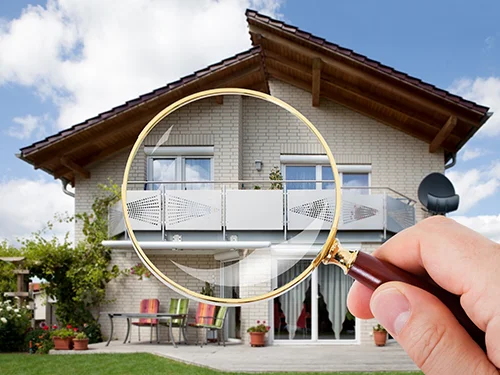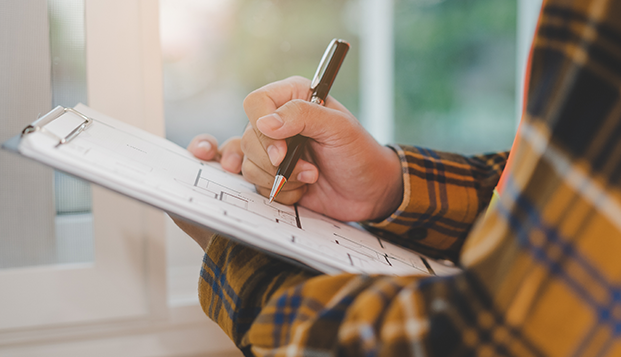What Is Looked For in a Home Inspection?


Making a thoughtful selection about the home you'll call your own might be challenging when house shopping. Thankfully, experts in home inspection are available to assist you every step of the journey. Their task is to conduct a thorough, unbiased expert inspection of your possible house and make a list of everything that could catch the attention of potential purchasers. So what is looked for in a home inspection, and how does it help you make a decision whether to purchase the property or not? Let's dig into the details in this article.

What Is a Home Inspection?
The buyer's last chance to find out about issues with the house before buying is during a home inspection. Creating a home inspection checklist for buyers presents an opportunity for the seller to discuss those issues with the buyer and work out a price. Furthermore, as long as they have a home inspection contingency in their purchase agreement, prospective purchasers are free to back out of the deal or renegotiate the sale price if a professional house inspection uncovers significant issues with the property. A typical clause in a house purchase agreement is an inspection contingency, allowing purchasers to find any significant problems before closing on a property. However, as a seller, you want to know what the inspector will be looking for so that you can make things go as smoothly as possible by being ready for their visit. Let's look into the details of a home inspection checklist and find out the things that fail a home inspection.
What Do Inspectors Look for in a Home?
1. Fundamental safety measures: When deciding on what to look for in a home inspection, any home inspector's top priority is determining if a property is safe for habitation, which is why a large portion of the items on their typical checklist are safety-related. Among the things they are watching out for are smoke detectors, ground fault interrupters, safety glass, and stairs.
2. The foundation and the outer shell: Your inspector will examine the fundamental "envelope" that protects the structure from the elements and water, regardless of the age of the house. The inspector will walk the property, inspecting drainage, window seals, rain gutters and flashings, and foundation cracks.
3. The ceiling and the roof: An inspector can determine whether a roof was built poorly by an amateur or correctly by a professional. They want to confirm that your roof is sturdy, won't deteriorate with age, and can keep you safe from the weather. Additionally, they'll ensure openings, such as skylights or chimneys, are properly flashed, sealed, and clear of dirt and moss development.
4. Principal systems such as plumbing and electrics: All of the most crucial interior systems in your house, including the heating, cooling, and plumbing, will be inspected by the inspector.
5. Airflow: When natural gas or oil-fueled equipment, such as water heaters, are not installed and operated properly, hazardous vapors can accumulate within a home. It is essential to have adequate ventilation. Although many appliances have built-in safety mechanisms, a competent inspector will ensure the safety features are turned on properly.
6. Other indicators that call for a specialist: Certain locations or situations may require additional testing, usually by a professional using specialized tools. A competent inspector will know when to bring in the big guns, and they could even be able to recommend you to a network of experts.
Reach our experienced sales team at Nest Invest to gain more information on home inspections, real estate prices, property investment options, and much more.










